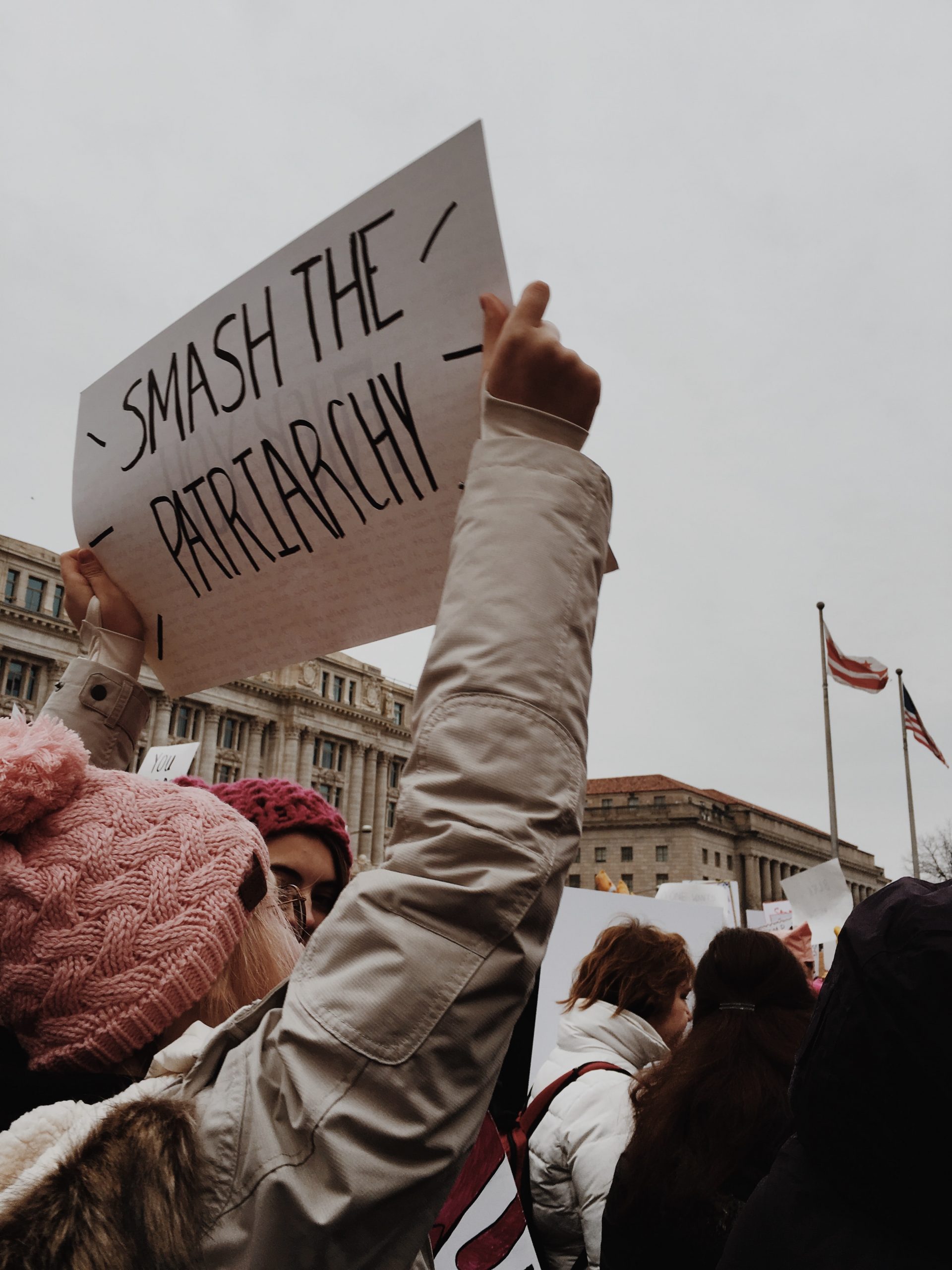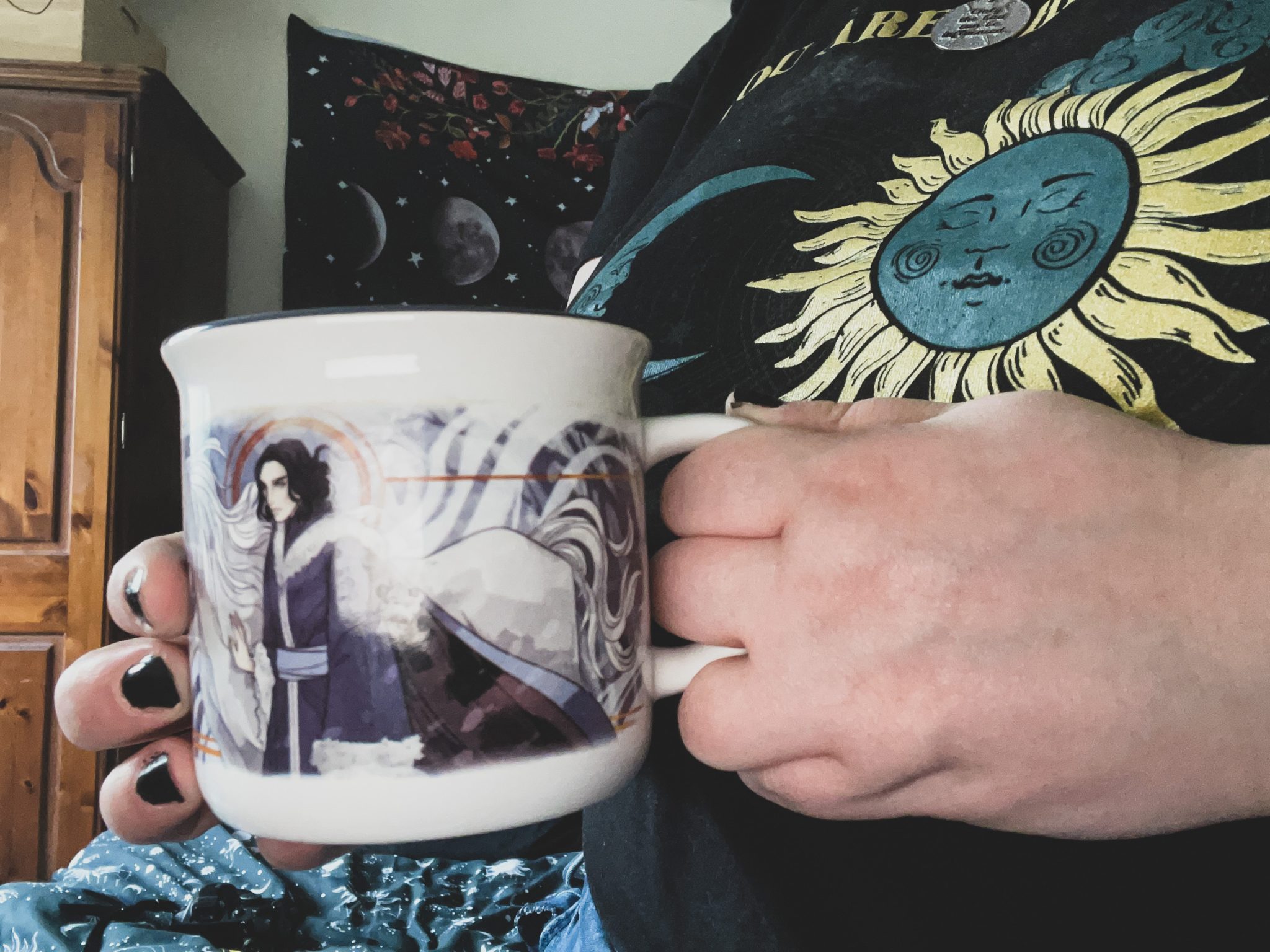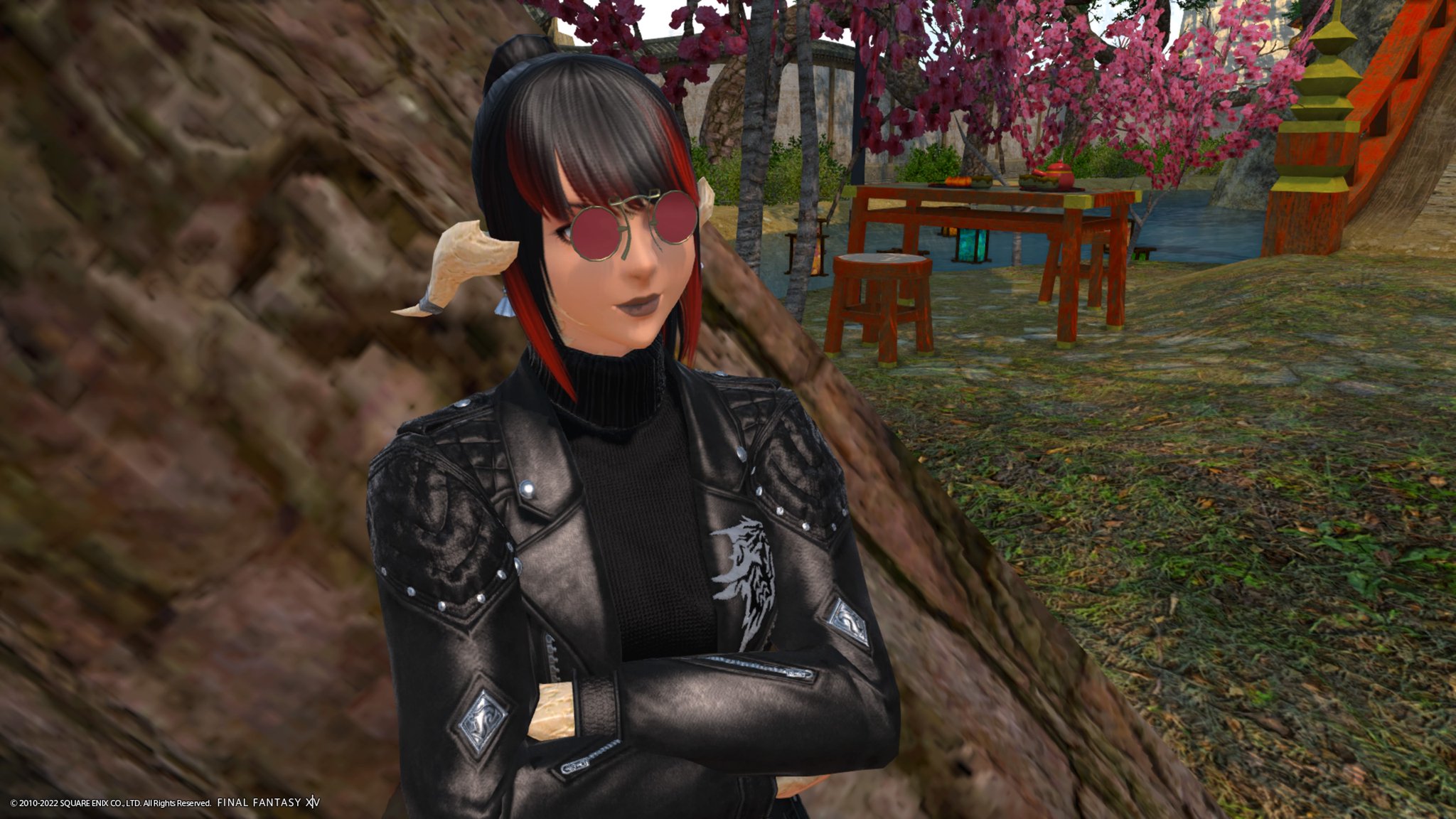I want to make it absolutely clear that as a feminist, I celebrate International Women’s Day for all women, trans folk and the lgtbq+ community because women’s rights globally have a huge impact on minorities. I feel this as a queer person who has continuously questioned their gender identity and sexuality which is surrounded in gender based bias, especially as one that has been in straight-passing relationships for most of her adult life. I write this for folks that have experienced gender based bias, harassment and violence from their work colleagues, health professionals and romantic partners.
It’s 2022, we’ve faced a lot of rubbish in the last few years with a pandemic and now a horribly violent conflict in Europe. My heart goes out to all those fleeing the war in Ukraine right now. I couldn’t write this without saying; how I feel so incredibly guilty about just carrying on with my day to day life knowing and seeing the events unfold on the continent and, getting increasingly frustrated at the UK governments approach completely lacking in consideration and compassion. The case of Sarah Everard last year highlighting once again men in a position of authority will target women just because they can and their colleagues will give them sexually aggressive nicknames and laugh about it rather than raise concerns about a person’s misogynistic approach.
I am not on board with the entire ‘not all men’ comment which always comes around during International Women’s Day – not all men are abusers, not all men are sexually aggressive, not all men are violent against women – we know. We know it’s not all men. This should go without saying. But it is 1 in 3 women that experience gender based violence, sexual abuse and harassment because of a man. This post isn’t about being anti-men. I have been a victim of sexual abuse, of domestic violence, of harassment and of gender based bias from strangers, in relationships, male health professionals and in the workplace. I do not hate all men. I have not given up on all men. I am not fearful or automatically untrustworthy of all men. Not to mention I have heard harrowing tales of gender based emotional and physical abuse by women to men. I know it exists. I just feel we can’t #BreakTheBias if we ignore that. But I hope, that with equality, understanding, awareness; that erasing gender based bias for all genders, for all minorities and sexualities, we will come together better.
It’s 2022 and we still have a government that doesn’t particularly care about gender based rights. That feels like a middle class white man’s old boys club and women in the cabinet that just hate other women really. We still don’t have things in place to truly protect a women’s place in the workplace after having children, decent maternity pay, decent paternity pay and adequate time off even. Where flexible working feels like a code for ‘lazy’ despite so many women over the last few years proving they can work from home successfully whilst still being mothers and having to crisis school. Where the gender pay gap still exists. Being a woman, and being a mother, does not make you any less capable in the work place than your colleagues.
In 2022 it’s still up to women to prevent their own sexual assault by not walking alone at night and rape victims still being asked what they were wearing. It’s still up to women to alter their hormone levels to protect from pregnancies and in so many places in the world not have access to safe, legal abortions. And most of the time these decisions that directly affect a women’s safety, sexual and mental health are made for by men. Alongside all of this is the discrimination and exploitation of sex workers that are criminalised and stereotyped yet the folk that want to use these services are encouraged and almost celebrated. I have nothing against sex work, if someone wants to do that kind of work and they are able to do it safely then it makes no difference to me.
I remember watching something on television not so long ago about men not knowing how to approach women because they were worried about coming across as misogynistic and sexist following the me too movement but it didn’t occur to them that women might want to be treated and spoken to in just a regular way? It is time to end gender bias once and for all for the equality, safety and protection of all genders. So I celebrate today thinking of the wonderful achievements women have made in history, I mourn the loss of life at the hands of gender based violence and in countries where women are not as fortunate as I am to live in a safer part of the world.










